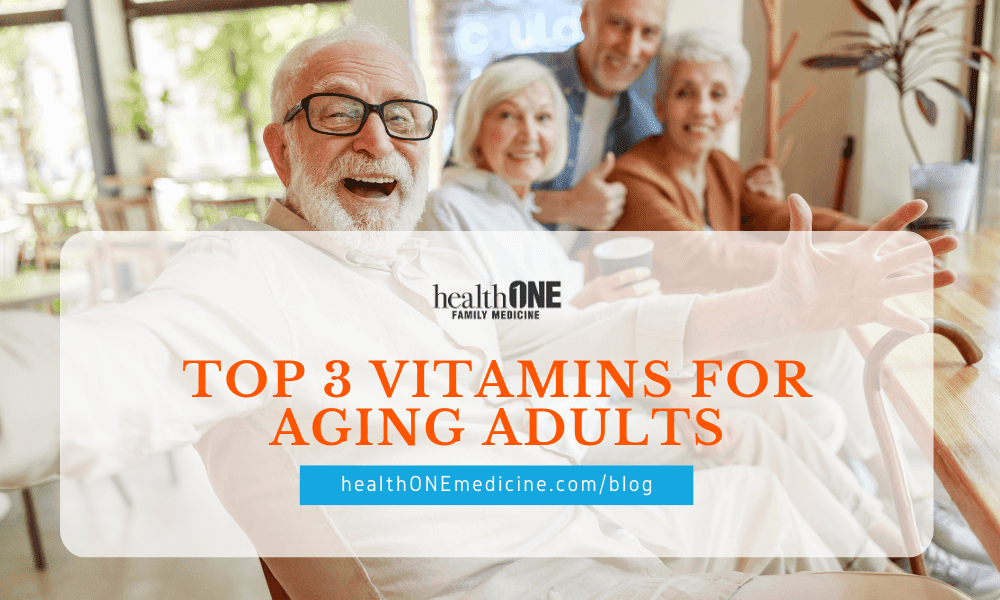Aging gracefully, being active, and maintaining good health are important objectives for many aging adults. However, the vitamins and minerals we need to be healthy and active might get harder to obtain as we age. Thankfully, nutritional supplements may fill the gaps left by a low-nutrient diet.
Understanding what causes nutrient and vitamin deficiency is essential to choose the finest vitamins for aging adults. The ideal way to achieve this is to see a doctor or medical professional who can issue a blood test to ascertain your supplement requirements. After all, vitamin deficiencies, such as fiber, potassium, folic acid, and calcium, are common in aging adults. So, with that in mind, here are the best vitamins for aging adults you should consider adding to your daily diet.
Coenzyme Q10
This antioxidant, called Coq10, is created spontaneously in the liver. This antioxidant is difficult to get in dietary sources and becomes less efficient as we age. In the early stages of Parkinson’s disease, older people may benefit from supplementing with Coq10 since low levels have been linked to heart problems.
Taking a supplement is the best strategy to increase your Coq10 levels. Despite the antioxidant’s presence in some foods like meat and whole grains, the amounts aren’t high enough to make up for a shortfall. So, get 100 to 200 milligrams of CoQ10 daily as a goal.
Vitamin C
Vitamin C is one of the most important vitamins for aging adults, as it is crucial in keeping your immune system healthy. As per the American Optometric Association, this vitamin helps prevent cataracts and lessen vision loss related to age-related macular degeneration. Vitamin C can only be obtained externally by humans. As a result, many older citizens who don’t eat a balanced diet might lack vitamin C.
Medical experts advise consuming 75 to 90 milligrams of vitamin C daily. Most fruits and vegetables contain vitamin C, including oranges, broccoli, tomatoes, and winter squash. Furthermore, consuming vitamin C supplements can be the simplest approach to acquiring additional vitamin C. So, look for one designed for aging adults and ensure they contain a controlled amount per supplement tablet.
B Vitamins
Our body’s ability to absorb B vitamins, such as B12 and B6, declines with age. Additionally, our stomach acid becomes less effective at absorbing and breaking down B vitamins as we age.
B vitamins come in various forms, including riboflavin, biotin, niacin, and folate. B vitamins are one of the most important vitamins for aging adults because they are crucial for maintaining blood pressure, heart health, and good neuron function.
Typically, experts advise consuming 2.4 mcg of B vitamins daily. Eat foods like vegetables, fruits, milk, poultry, and meat to increase your intake of B vitamins. A B vitamin supplement is also an option.
Wrapping Up
This wraps up our list of the best vitamins for aging adults. However, vitamin deficiency is only one side of the coin regarding the issues aging adults can face. Nevertheless, to ensure excellent health during your golden years, follow the advice mentioned in this article, and you will be on your way to experiencing healthcare-issue-free aging.
To learn more about vitamin deficiencies in aging adults, contact Health One Family Medicine by calling (469)262-5762 or visiting https://www.healthonemedicine.com/.


I like this site it’s a master piece! Glad I found this ohttps://69v.topn google.Blog monry